-
The Laughing Monsters, Denis Johnson
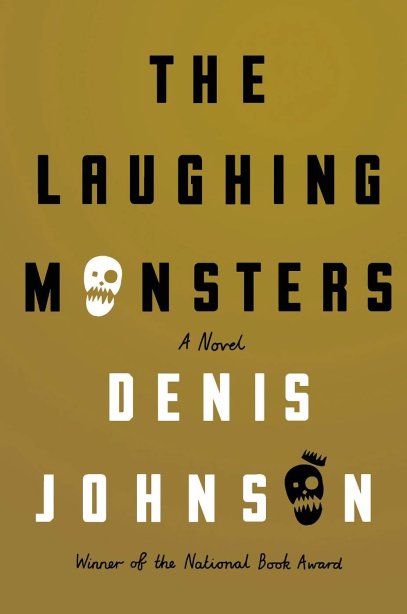
Farrar, Straus and Giroux The Africa of this slim but deep novel is a zone of permanent confusion, where weird bugs circle the lights by night and every human interaction is fraught with 1,000 kinds of ambiguity. Our hero, such as he is, is Roland Nair, a career intelligence man whose loyalties are so distributed and compromised that he’s virtually stateless. Shifty and cautious, Nair hooks up with an old running mate, a loud, charming mercenary named Adriko who thrives on chaos and creates it with abandon. Together the two of them attempt to monetize the few small scraps of intelligence and materiel they can lay their hands on by scamming various security agencies into paying for them, but the players and the stakes keep changing, and the action turns into a nightmare buddy comedy as they chase an ever-receding big score deeper and deeper into the African demi-monde.
-
A Brief History of Seven Killings, Marlon James
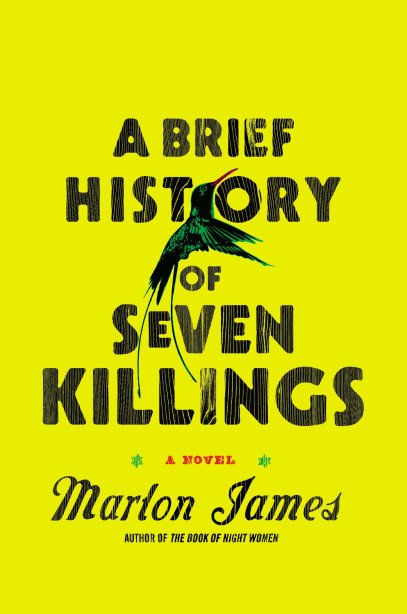
Riverhead Hardcover It’s not brief: James’s epic novel of the Jamaican criminal underworld runs 688 pages, covers three decades and deploys a dozen or so narrators, including an assortment of Jamaican thugs, an American journalist, and the ghost of a murdered politician, all rendered with virtuosic precision and deep empathy. The center around which the chaos whirls is the attempted murder of Bob Marley in 1976 by seven gunmen, but its real subject is Jamaica and the rich, complex mix of politics, poverty, violence, greed, love, longing and music that bubbled and festered there, and eventually boiled over.
-
Euphoria, Lily King
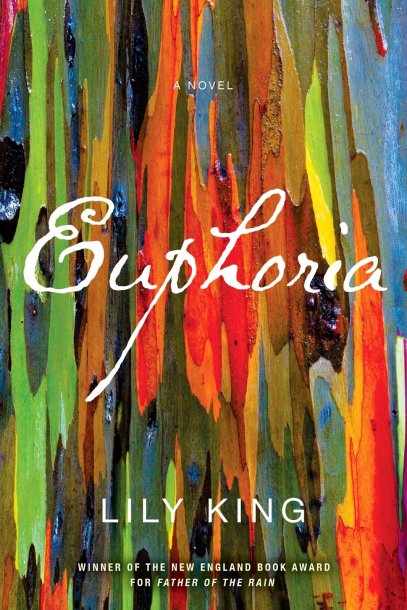
Atlantic Monthly Press Only King’s particular novelistic eye could have spotted the fictional riches that lay buried in this bit of actual history: in 1933 the anthropologist Margaret Mead was doing fieldwork in New Guinea with her then-husband when they met and collaborated with another man, whom Mead would later marry. King pries into this episode and finds a baroque pageant of despair and longing and towering intellectual ambition and steamy, steamy desire in there, a bizarre love triangle lost in the hot, damp alien Eden of the deep jungle.
-
Station Eleven, Emily St. John Mandel
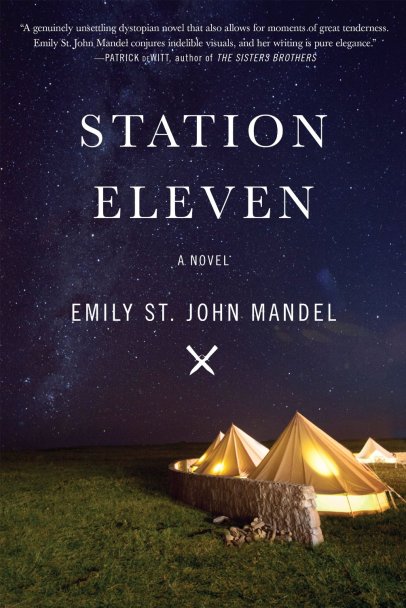
Knopf Mandel’s novel isn’t precisely post-apocalyptic: it partakes of a non-linear order, weaving forward and backward in time, centered on the moment when a global flu outbreak does in the lion’s share of humanity, reducing the survivors to a more or less cave-person level. For a chronicle of disaster it’s wonderfully lyrical and even beautiful, if almost unbearably sad: we watch with Mandel as some of the world’s precious things survive and endure, and others are lost forever, and we try to understand why.
-
Whiskey Tango Foxtrot, David Shafer
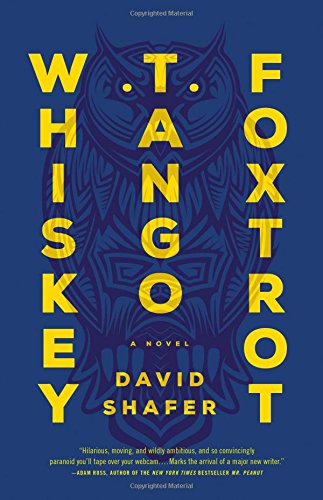
Mulholland Books Some of the best prose writing published this year can be found in what is, in essence, a technothriller: in Whiskey Tango Foxtrot an aid worker in Myanmar (Shafer remarks that it “sounded like a name cats would give their country”) glimpses something she shouldn’t, deep in the jungle, and right away her life starts going off the rails. She starts to think she’s the target of a conspiracy, by someone who has access to infinite amounts of data and power, and she’s right. Struggling in the same web are two former friends, Harvard graduates: one who became a successful but self-loathing self-help writer, the other a dissipated stoner. The three of them have to figure out what’s going on and how to fight it, and the story of their struggle is moving, funny, utterly engrossing and blisteringly smart. Whiskey Tango Foxtrot is a Snow Crash for the post-Snowden era.
-
Wonderland, Stacey D’Erasmo
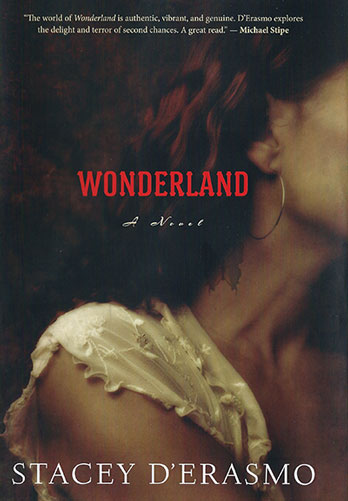
Houghton Mifflin Harcourt At 44, Anna Brundage is a cultish indie rocker who’s had her moment of global fame and come out the other side without much to show for it. We tag along like disembodied roadies on her comeback tour in support of a new album—we follow her from gig to gig, green room to green room, one random sexual encounter to the other, as she puts herself out there night after night and thinks about how she got here and where she’s going. Sometimes everything clicks and she takes an audience into ecstasy; sometimes she doesn’t. But D’Erasmo kills it every time.
-
Redeployment, Phil Klay
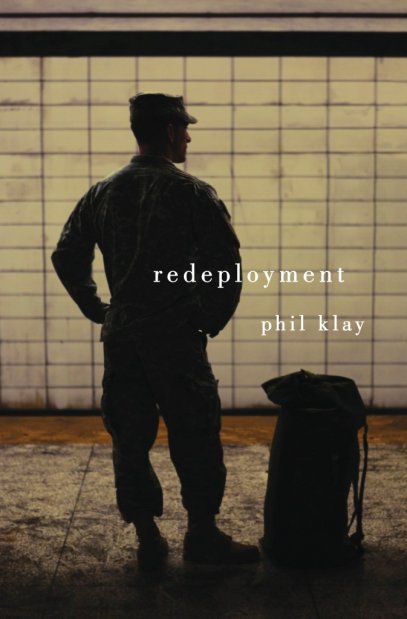
Penguin Press HC Every war seems to find its writers. The one in Iraq has found Klay, who served there as a Marine. We need him, too. In these stories he renders his experience and those of his comrades with an unprecedented rawness: the fear and anger and moral and actual confusion of fighting in cities and towns where it’s anybody’s guess where the battlefield is and who the combatants are. Not only are the soldiers in Redeployment fighting in a country that’s utterly foreign to them, they begin to feel that the country they’re fighting for is increasingly alien too, which leaves them no firm ground to stand on. Klay doesn’t try to force a meaning on it all: he just lets hell be hell.
-
The Zone of Interest, Martin Amis
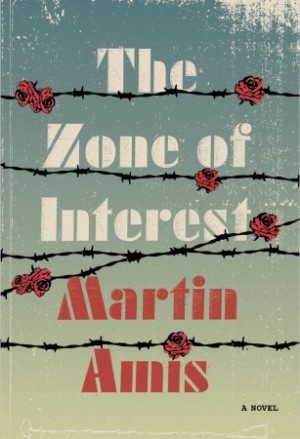
Knopf Amis made his reputation as a flashy, darkly comic social satirist in the 1980s and 1990s, but in The Zone of Interest he goes to a place where laughter doesn’t exist: a Nazi concentration camp. Amis has written about the Holocaust before, in Time’s Arrow, and he returns to it now with the same fearlessness: he’s willing, even compulsively drawn, to inhabit the consciousness of the genocidal, to try to understand who could do the unspeakable and why. In this case he stages a comedy of incompetence, flirtation and petty slights among the officers running his fictional camp, but what would otherwise be a light entertainment becomes something sinister and strange, warped by the enormous atrocities happening just off stage.
-
The Bone Clocks, David Mitchell
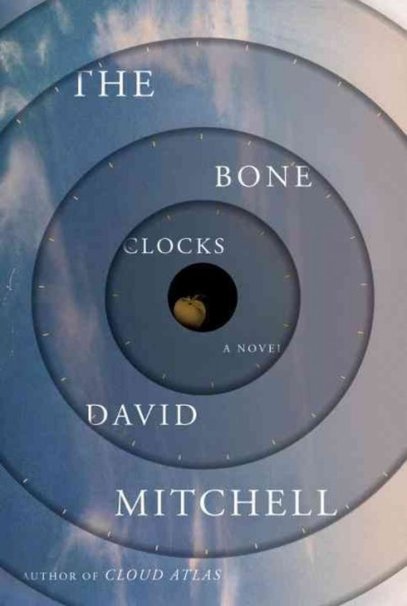
Random House Mitchell’s latest mind-bendingly ambitious novel begins with the story of one Holly Sykes, an English teenager with a brief history of hearing sinister voices. With Holly as guide and go-between, Mitchell takes his readers through an epic saga of multiple narrators and genres culminating in, no exaggeration, a battle between good and evil that pivots on a rolling pin. His vision of the future may be bleak, but the force of his storytelling makes The Bone Clocks a joy, especially for loyal fans who’ll encounter many familiar faces from Mitchell’s earlier works.
—Radhika Jones
-
The Secret Place, Tana French
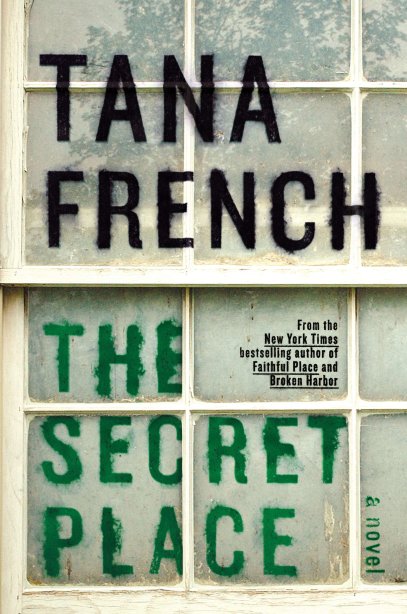
Viking Adult After a young boy is murdered on the grounds of a posh boarding school for girls in Dublin, the case goes cold and stays that way—until a year later, when a student finds a clue and takes it to the police. Stephen Moran, an ambitious detective from the wrong side of the tracks, happens to be looking for a big case to boost his career. He partners with Antoinette Conway, the only woman on the emphatically male homicide squad, and they burrow into the social fabric of the school: cliques, rivalries, jealousies, boys, texts, sex … The Secret Place is dense, endlessly fascinating little world, with several dark truths at its heart.